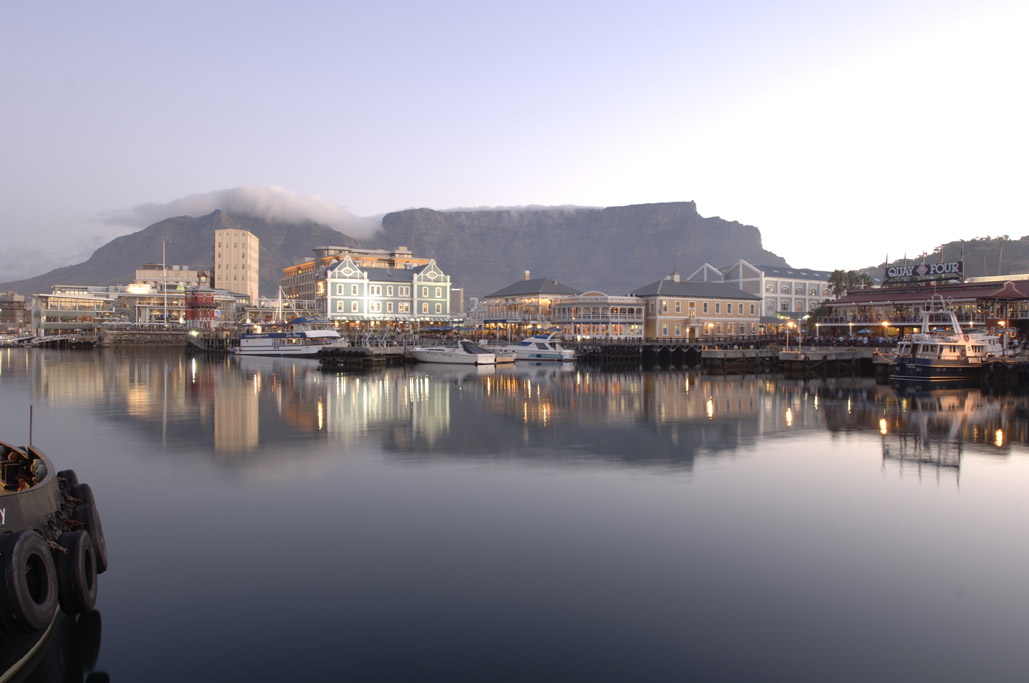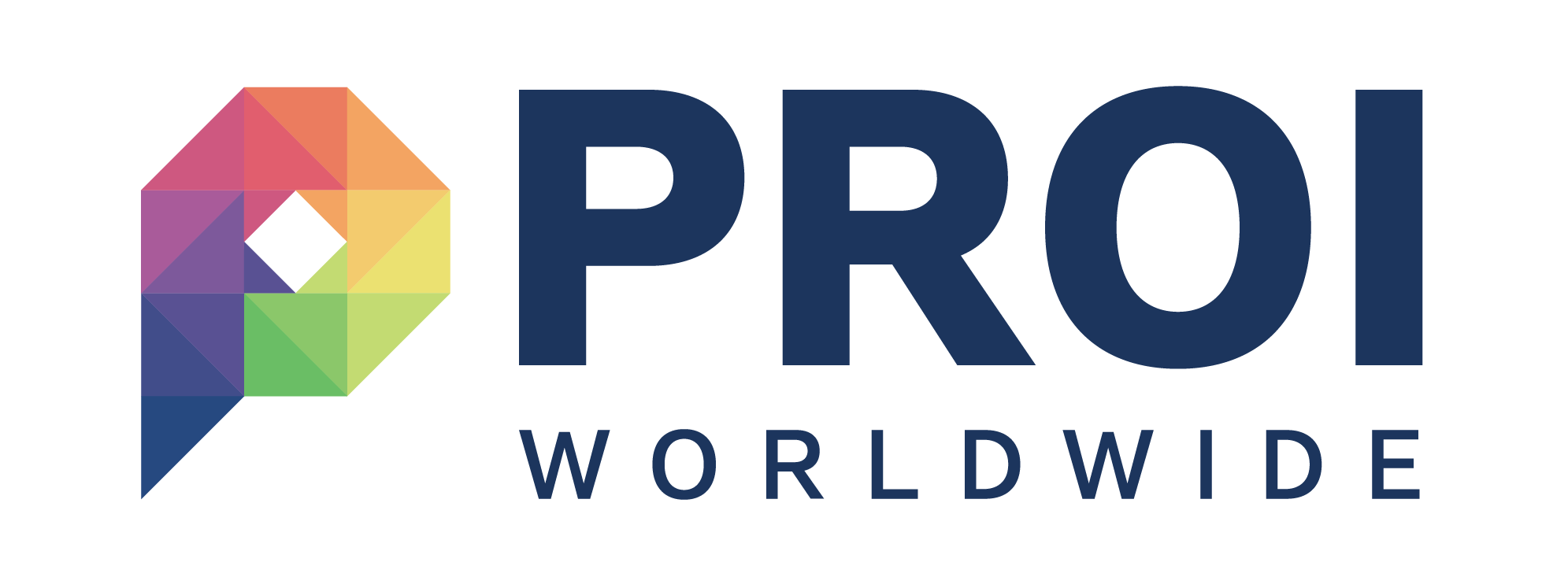Doing Business In - South Africa
Background

An important emerging market, South Africa is a polarised country, part first world and part third world, with its economy in many ways rivalling other developed economies. It relies heavily on trade, being a source of abundant natural and mineral resources, and is the largest producer of platinum in the world as well as exporting significant amounts of gold, coal and diamonds. Exports accounted for 29.1% of GDP in 2001, up from 11.5% a decade ago.
South Africa has performed well over the past few years with estimated real GDP growth of 3 percent for 2010. In addition, it was recently announced that the economy had grown from 27.2 percent of GDP (R666.9 billion) to 28.4 percent (R761 billion) in the current financial year. South Africa still faces many economic and social challenges, but it has made commendable progress in dismantling its old economic system, which was based on import substitution, high tariffs and subsidies, anticompetitive behaviour, and extensive government intervention in the economy.
Population and Demographics
49,320,150 South Africa is very ethnically diverse with 11 official languages. Black Africans make up about 79% of South Africa’s population (2007 Community survey) and are represented by different ethnic groups, including Zulu, Xhosa, Ndebele, Tswana, Pedi, Sotho and Swazi groups, as well as recent immigrants from other parts of Africa (particularly Zimbabwe and Nigeria). The white population comprises about 9.5% to 11% of the total population, made up of descendants of the Dutch, French, British, Portuguese and German settlers who came to the Cape from the late 17th century. Coloureds, who make up 8.9% of the population, are mixed-race people primarily descended from the earliest settlers and the indigenous people. The remaining 2.4% are categorised as 'Indian or Asian' as well as a small Chinese population.
Geography
South Africa is located at the southernmost region of Africa, with a coastline that stretches more than 2,500 km next to the Indian and Atlantic oceans. At 1,219,912 km2 it is the 25th-largest country in the world. The majority of the population is based in South Africa’s largest cities of Johannesburg, Cape Town, Durban and Pretoria, with advanced development significantly localised in these urban hubs.
South Africa has a well developed, modern infrastructure which is used to distribute goods to the rest of Africa and internationally. The air and rail networks are the largest on the continent and the country's seven commercial ports provide a conduit for shipping to and from Europe, the Americas, Asia, Australasia and both coasts of Africa. Approximately 96% of the country’s exports are transported by sea. The 2010 Football World Cup hosted by South Africa prompted a massive infrastructure overhaul of with a strong drive to improve roads, airports and train stations nationwide.
Doing Buisness With South Africans
South Africans are resilient and hardworking people. A complicated, diverse ancestry has created a colourful and vibrant culture, with creativity and initiative being part of everyday life. South Africans tend to be entrepreneurial, with small businesses more prevalent than large corporates. They are direct and straight talking people both in a personal and professional capacity, with business predominantly conducted in English. South Africans are relatively conservative, with a great appreciation for the outdoors, respect for their elders and a sense of tradition.
When it comes to the workforce, South Africa's labour market has undergone much transformation post apartheid, with emphasis being placed on eliminating labour inequalities of the past and improving general working conditions. New labour legislation has had a profound impact on the SA labour market and Trade unions play an important role in South Africa's labour relations.
South Africa has performed well over the past few years with estimated real GDP growth of 3 percent for 2010. In addition, it was recently announced that the economy had grown from 27.2 percent of GDP (R666.9 billion) to 28.4 percent (R761 billion) in the current financial year. South Africa still faces many economic and social challenges, but it has made commendable progress in dismantling its old economic system, which was based on import substitution, high tariffs and subsidies, anticompetitive behaviour, and extensive government intervention in the economy.
Population and Demographics
49,320,150 South Africa is very ethnically diverse with 11 official languages. Black Africans make up about 79% of South Africa’s population (2007 Community survey) and are represented by different ethnic groups, including Zulu, Xhosa, Ndebele, Tswana, Pedi, Sotho and Swazi groups, as well as recent immigrants from other parts of Africa (particularly Zimbabwe and Nigeria). The white population comprises about 9.5% to 11% of the total population, made up of descendants of the Dutch, French, British, Portuguese and German settlers who came to the Cape from the late 17th century. Coloureds, who make up 8.9% of the population, are mixed-race people primarily descended from the earliest settlers and the indigenous people. The remaining 2.4% are categorised as 'Indian or Asian' as well as a small Chinese population.
Geography
South Africa is located at the southernmost region of Africa, with a coastline that stretches more than 2,500 km next to the Indian and Atlantic oceans. At 1,219,912 km2 it is the 25th-largest country in the world. The majority of the population is based in South Africa’s largest cities of Johannesburg, Cape Town, Durban and Pretoria, with advanced development significantly localised in these urban hubs.
South Africa has a well developed, modern infrastructure which is used to distribute goods to the rest of Africa and internationally. The air and rail networks are the largest on the continent and the country's seven commercial ports provide a conduit for shipping to and from Europe, the Americas, Asia, Australasia and both coasts of Africa. Approximately 96% of the country’s exports are transported by sea. The 2010 Football World Cup hosted by South Africa prompted a massive infrastructure overhaul of with a strong drive to improve roads, airports and train stations nationwide.
Doing Buisness With South Africans
South Africans are resilient and hardworking people. A complicated, diverse ancestry has created a colourful and vibrant culture, with creativity and initiative being part of everyday life. South Africans tend to be entrepreneurial, with small businesses more prevalent than large corporates. They are direct and straight talking people both in a personal and professional capacity, with business predominantly conducted in English. South Africans are relatively conservative, with a great appreciation for the outdoors, respect for their elders and a sense of tradition.
When it comes to the workforce, South Africa's labour market has undergone much transformation post apartheid, with emphasis being placed on eliminating labour inequalities of the past and improving general working conditions. New labour legislation has had a profound impact on the SA labour market and Trade unions play an important role in South Africa's labour relations.
